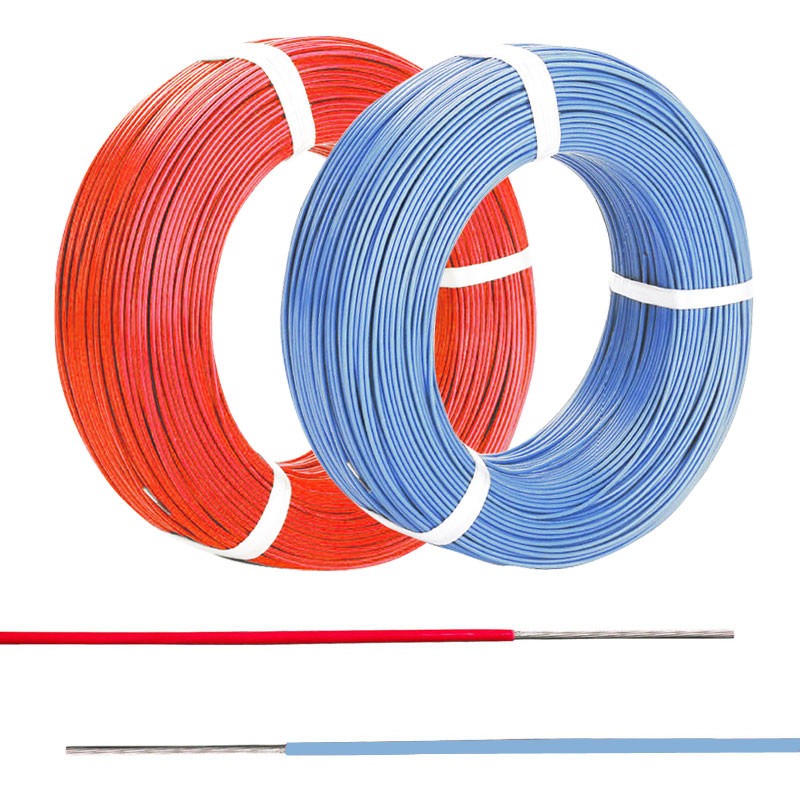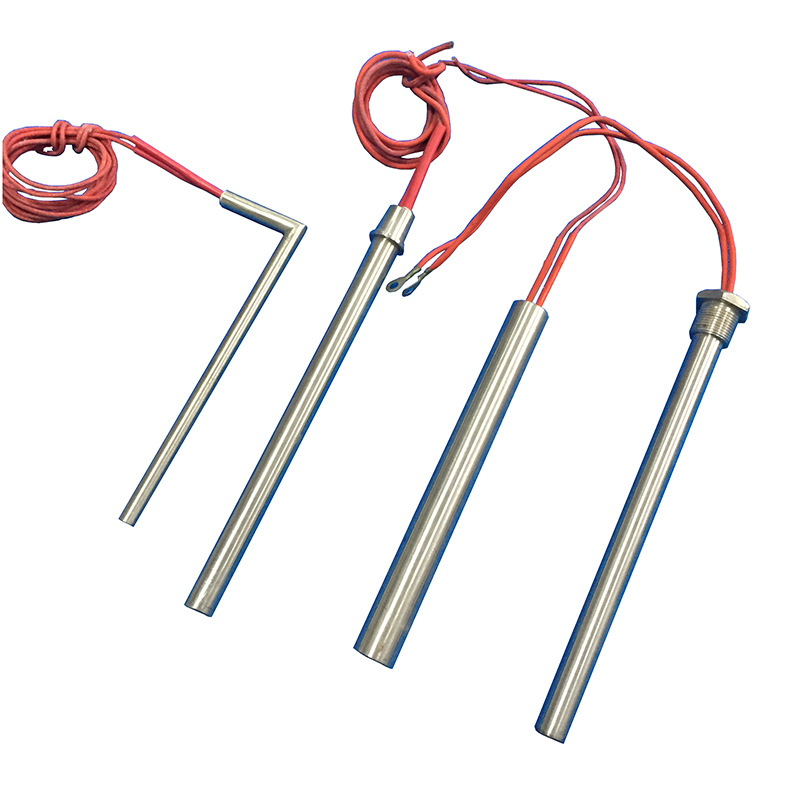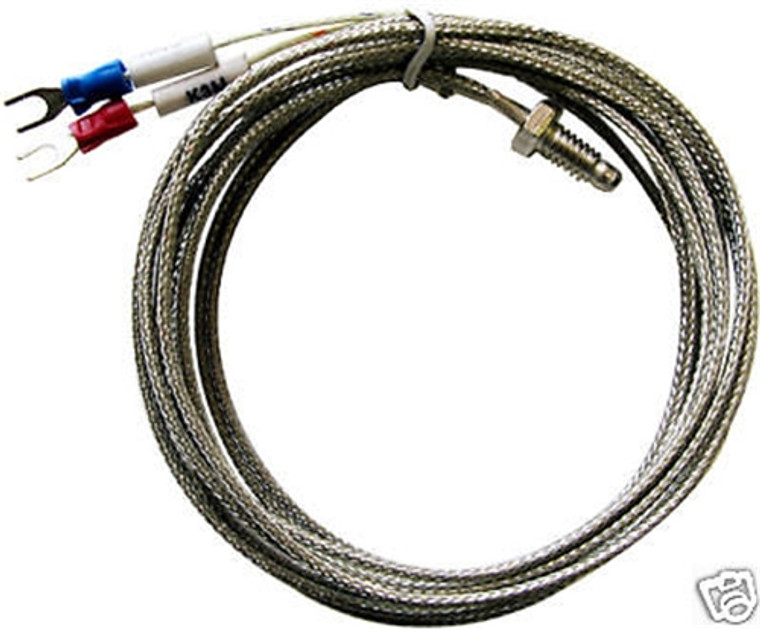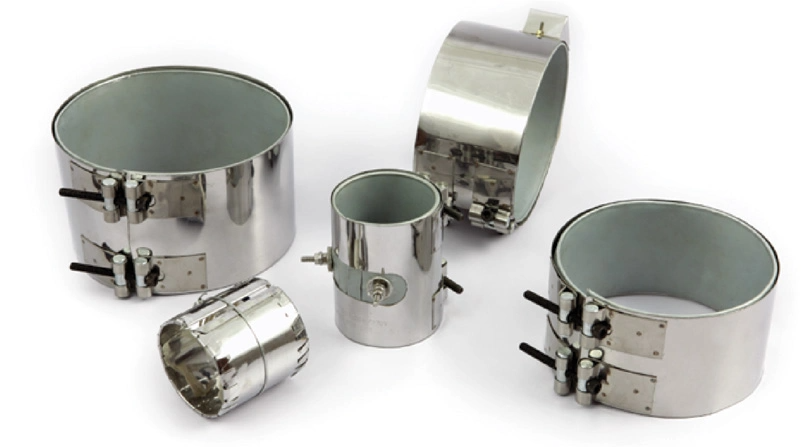The silicone rubber heater is an essential tool for industries that demand efficient, reliable, and precise heating solutions. Known for its flexibility and durability, this heater stands out in applications where traditional heating elements fall short. Whether in aerospace, medical equipment, or food processing, its unique capabilities make it a critical component in industrial manufacturing.
Below, we uncover the top five reasons why the silicone rubber heater is indispensable in this field.
1. Flexibility for Custom Applications
The silicone rubber heater is designed for versatility, making it suitable for complex and irregular surfaces.
- Flexible Construction: Its silicone-based material allows it to bend and conform to different shapes. This makes it ideal for applications like pipes, tanks, and curved equipment surfaces.
- Custom Sizing and Wattage: Manufacturers can customize the size and watt density to meet specific industrial requirements, ensuring optimal heat distribution and efficiency.
This adaptability ensures consistent heating performance even in unconventional setups, reducing the risk of uneven heating or system failures.
2. Durability in Extreme Conditions
Industrial environments often subject heating systems to harsh conditions. The silicone rubber heater excels in durability.
- Temperature Resistance: It operates effectively in a wide range of temperatures, from -60°C to 230°C, ensuring reliability in both freezing and high-heat scenarios.
- Moisture and Chemical Resistance: Its silicone outer layer protects it from water, chemicals, and environmental exposure, making it highly dependable in humid or corrosive settings.
This resilience reduces maintenance needs and extends the heater’s lifespan, even in demanding applications such as medical autoclaves and industrial ovens.
3. Energy Efficiency and Cost Savings
Energy efficiency is critical in manufacturing, and the silicone rubber heater delivers on this front.
- Rapid Heat-Up Time: Its thin and lightweight design allows for faster heating, reducing energy consumption.
- Precision Heating: Built-in sensors, such as thermocouples, ensure precise temperature control, minimizing energy waste and overheating risks.
These features contribute to significant operational cost savings, especially in industries like food processing and pharmaceutical manufacturing, where energy efficiency is a priority.
4. Lightweight and Easy Installation
Traditional heaters can be bulky and difficult to install, but the silicone rubber heater offers a lightweight and user-friendly solution.
- Low Profile: Its slim design makes it easy to integrate into existing systems without requiring significant modifications.
- Simple Adhesion Options: Many heaters come with self-adhesive backing or mechanical fastening options, ensuring quick and secure installation.
This ease of setup reduces downtime, making it a practical choice for industries that demand efficiency and minimal interruptions.
5. Versatility Across Industries
The silicone rubber heater is a versatile solution that serves a wide range of industrial sectors.
- Aerospace: Ensures precise heating in critical components like de-icing systems and fuel lines.
- Automotive: Keeps batteries warm in electric vehicles for optimal performance during cold weather.
- Medical: Provides reliable heating in laboratory equipment and patient care devices.
This adaptability ensures that manufacturers across industries benefit from its innovative design and capabilities.
Final Thoughts
A silicone rubber heater is not just another heating element; it’s a critical tool for improving manufacturing efficiency and reliability. Its flexibility, durability, and energy efficiency make it an unmatched solution for industries worldwide. Whether you’re working with precision medical devices or high-capacity industrial systems, this heater is a game-changer for modern manufacturing.














